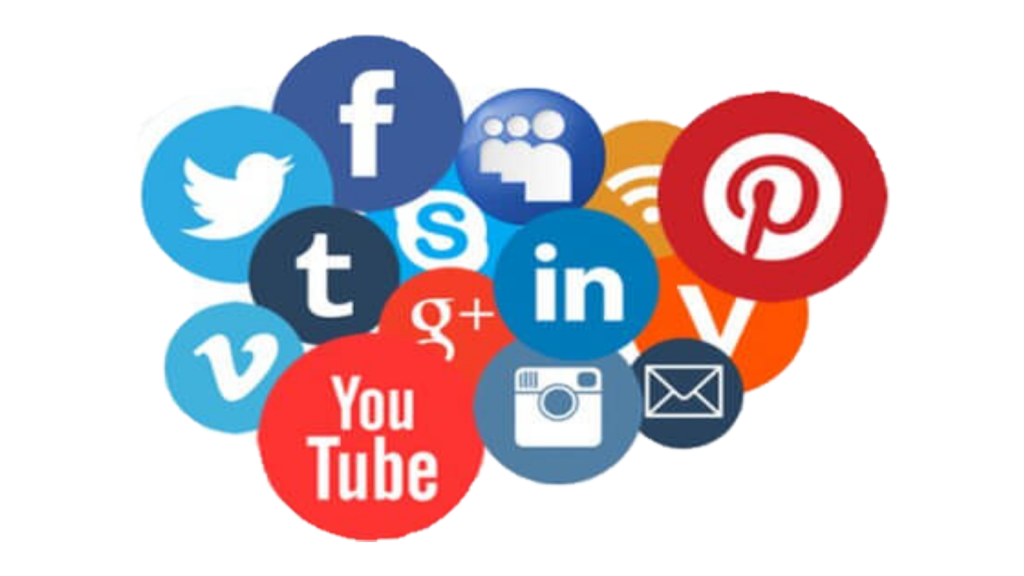Digital Marketing

Digital marketing is the component of marketing that utilizes internet and online based digital technologies such as desktop computers, mobile phones and other digital media and platforms to promote products and services. Its development during the 1990s and 2000s, changed the way brands and businesses use technology for marketing. As digital platforms became increasingly incorporated into marketing plans and everyday life, and as people increasingly use digital devices instead of visiting physical shops, digital marketing campaigns have become prevalent, employing combinations
To engage customers retailers have shifted from the linear marketing approach of one-way communication to a value exchange model of mutual dialogue and benefit-sharing between provider and consumer. Exchanges are more non-linear, free flowing, and both one-to-many or one-on-one. The spread of information and awareness can occur across numerous channels, such as the blogosphere, YouTube, Facebook, Instagram, Snapchat, Pinterest, and a variety of other platforms. Online communities and social networks allow individuals to easily create content and publicly publish their opinions, experiences, and thoughts and feelings about many topics and products, hyper-accelerating the diffusion of information.
The Nielsen Global Connected Commerce Survey conducted interviews in 26 countries to observe how consumers are using the Internet to make shopping decisions in stores and online. Online shoppers are increasingly looking to purchase internationally, with over 50% in the study who purchased online in the last six months stating they bought from an overseas retailer.
Using an omni-channel strategy is becoming increasingly important for enterprises who must adapt to the changing expectations of consumers who want ever-more sophisticated offerings throughout the purchasing journey. Omni-channel retailing involves analyzing consumer behavior from a broad perspective, and studying what influences buying habits. Retailers are increasingly focusing on their online presence, including online shops that operate alongside existing store-based outlets. The “endless aisle” within the retail space can lead consumers to purchase products online that fit their needs while retailers do not have to carry the inventory within the physical location of the store. Solely Internet-based retailers are also entering the market; some are establishing corresponding store-based outlets to provide personal services, professional help, and tangible experiences with their products.
There are a number of ways brands can use digital marketing to benefit their marketing efforts. The use of digital marketing in the digital era not only allows for brands to market their products and services, but also allows for online customer support through 24/7 services to make customers feel supported and valued. The use of social media interaction allows brands to receive both positive and negative feedback from their customers as well as determining what media platforms work well for them. As such, digital marketing has become an increased advantage for brands and businesses. It is now common for consumers to post feedback online through social media sources, blogs and websites on their experience with a product or brand. It has become increasingly popular for businesses to use and encourage these conversations through their social media channels to have direct contact with the customers and manage the feedback they receive appropriately.
